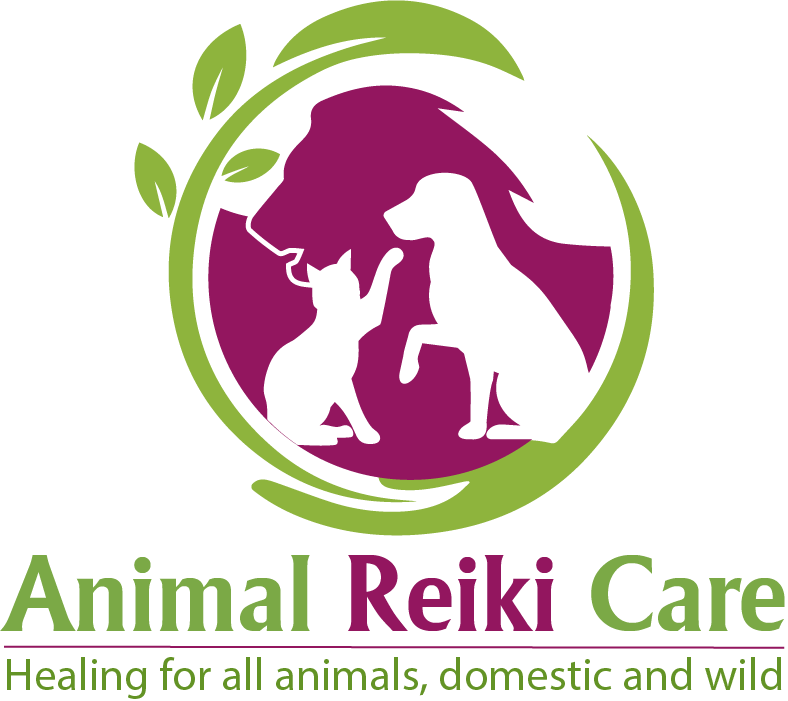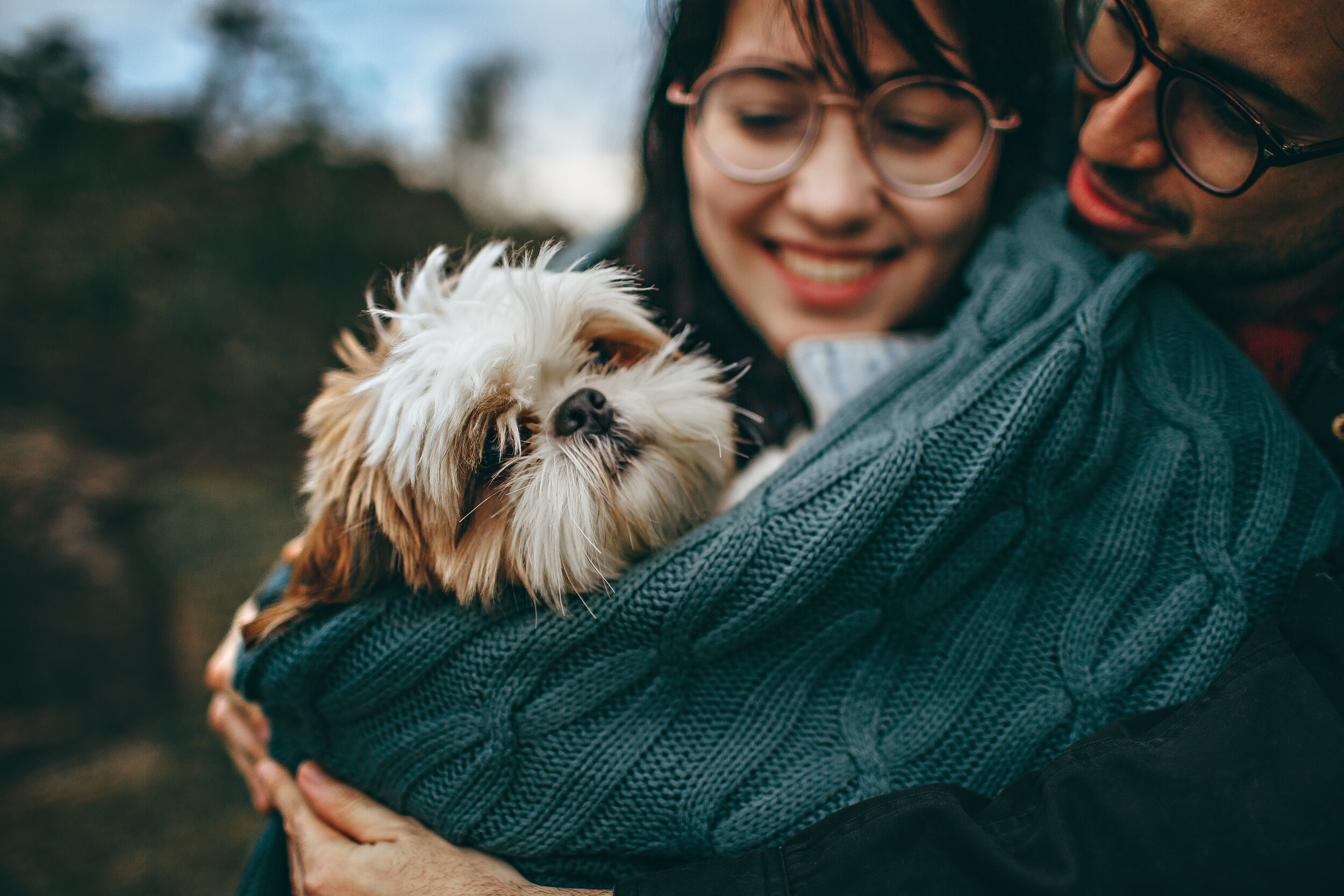Animal Reiki and top tips to help release your animal's anxiety that you might not know is even present…
Animal Reiki benefits you and your animals in so many ways. Just one aspect in particular is anxiety relief and stress reduction. Particularly at this time when we may have returned to work, or we know we will be returning to work in the near future, have you considered how your animal may feel when you are no longer at their side 24/7 ?
You may have noticed behavioural changes, your dog may be excessively barking, your animal may be off their food and not eating, they may be chewing furniture, or they may just seem a little off, as an example. Or you may not have noticed anything, but when your pet is at home alone, especially dogs who are social creatures, they may be pining for you for some considerable time.
Separation anxiety is real, for humans and non humans. This can affect you, your children and your animals.
Animal reiki is a great support system to help reduce those feelings and for your animals not to be stuck in their own trauma. Animal reiki treatments will help your animals release any worries and anxiety. Put this together with the top tips provided by the RSPCA below of ‘Help your pet adjust when you go back to work after lockdown’ will work wonders. Should you wish to discuss or book an animal reiki treatment please don’t hesitate to contact us.
You can read the full RSPCA article on their site:
https://www.rspca.org.uk/-/help-your-pet-adjust-when-you-go-back-to-work-after-lockdown
Top tips for preparing your dog
Gradually change the timings of your dog's routine to the way they will eventually be. If the time you feed or walk your dog has changed due to lockdown then slowly start to change it back to how it was before. Doing this can prevent your dog from experiencing frustration and anxiety when their daily schedule suddenly doesn't match what they've come to expect.
Begin to gradually return your dog's routine to normal before it has to change. Consider the amount of walks, location and times that are part of your dog's normal routine. Gradually adjust your walks to match this. Our dogs may not be left alone at all during lockdown or for brief intervals only, and they're probably getting much more attention and interaction. But if this is likely to change when you go back to work then you need to prepare them for that. Begin to gradually decrease the amount of attention you give your dog, and increase the time they spend on their own. This may include not playing with your dog every time they ask or not stroking them everytime they nudge you. Don't completely ignore your dog as this may confuse them, but do give them something better to do like a comfy bed to lay on or a tasty chew to settle with.
Give them a routine as close as possible to the one they'll experience when restrictions are lifted. Help your dog spend more time alone by encouraging them to rest in their own bed or keeping them in a separate room while you do something else.
Give your dog clear signals about when they can be involved in interactions and when they need to occupy themselves. Chew toys or interactive toys your dog can use without you can help you to do this.
Try to keep interaction time for when you will be available once your routine is back to normal, for example in the evenings after dinner.
You may also want to think about leaving the house without the dog to help your dog to gradually get used to this part of their routine again. If you need to build up this time for a longer duration or for more frequent absences, think about going to sit in the car to read a book, so that you can leave the house and stay within government guidelines. However, if your dog shows any distress when left alone then pause your plans and seek the support of a qualified behaviourist.
If you are returning to using a dog walker, friend or family member to care for your dog while you are busy they might be very excited or even a little apprehensive having spent time with only you. It can be useful for you to remain home on the first walk or two, just in case your dog needs any extra support from you.
Our dog welfare expert, Dr Samantha Gaines, added:
Always introduce changes gradually and in a positive way, using only positive, reward-based training. And if you have any concerns about how your dog will cope, it is always best to seek advice from a qualified behaviourist who can support you throughout the changes.
Top tips for preparing your cat
Any changes in routine should be introduced gradually
Ensure your cat has hiding places and elevated resting places which help relieve stress for cats by offering them a safe place to hide
Ensure you aren't over handling your cat to try and comfort them. Being picked up or followed around can add to their stress if this is not their choice
Gradually adjust your routine to what it will be when you return to work i.e. feeding times and frequency, play times
Help prevent boredom whilst you are at work by providing puzzle feeders, toys and scratching posts - this is especially important for indoor cats
Your life may become a lot busier after lockdown but it's important to ensure you still spend quality time with your cat every day
Alice Potter, our cat welfare expert, said:
Compared to dogs, who are a highly social species, cats naturally live in small family groups and can often cope with a more solitary life. This means they can sometimes seem aloof to us and at times, just want to do their own thing without us.
But even if your cat isn't a fuss loving, attention seeking lap cat they can still get stressed from your return to work so take time to make the transition as smooth and stress free as possible.
After spending so much time together during lockdown you'll probably be excited to see your cat after a long day at work.
Once you get home though, it's best to keep things calm and give them time to greet you on their terms. Look out for the cues that your cat gives to show they want to spend time with you, or if they'd rather have some alone time. For example, approaching you with their tail held up with the end pointed horizontally is a friendly greeting and a cat that is hiding needs to be given space.




